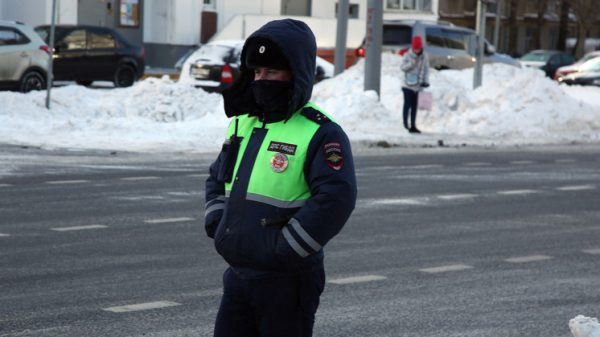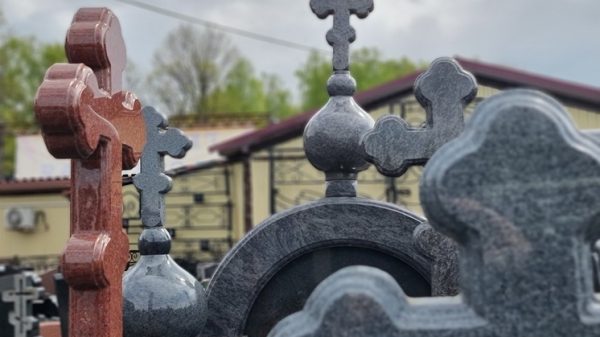
Colonel Patterson with one of the Tsavo Lions shot after attacking colonial railway labourers
Credit: Wikipedia
They have been hailed symbolically as the first resistance fighters against British colonialism in Kenya, their deeds having struck fear into the heart of those building the empire’s infrastructure.
But for nearly a century the remains of the man-eating lions who terrorised rail workers building a line through the country were displayed not in Kenya, but thousands of miles from their native land.
Now it has emerged that the Tsavo lions – who were stuffed and kept as trophies after being finally shot – could be returned to Africa under plans for a new museum of cultural heritage.
The museum is lobbying the UN to force the Chicago Field Museum to give up the lions, whose record of picking off rural rail workers from their tents became the stuff of legend and inspired a number of Hollywood films.
The director of the National Museums of Kenya (NMK) has told The Telegraph that the lions are “extremely important” for the upcoming Museum of Heroism as they are considered examples of some of the "first resistance" against British colonialism.
Dr Mzalendo Kibunja said: “We think that those are our heroes. They are heroes because they were protecting their territory against the penetration of Africa by foreigners.”

For more nearly 100 years, the man-eating Tsavo Lions have been on display at the Chicago Field Museum
Credit: Mario Petitti/Chicago Tribune/MCT/Sipa USA
The lions’ story began in 1898, when two maneless, males went on a human killing spree along an eight mile stretch of Tsavo park, in what was then, British East Africa.
For nine months the lions, which had developed a taste for human flesh, preyed on Indian labourers constructing part of the Uganda-Mombasa Railway line.
The pair devoured more than thirty men before eventually being shot down by Lt. Colonel John Henry Patterson.
Following the kill, the British colonel kept the pair as trophy rugs, before finally selling them in 1925 to the Chicago Field Museum for $5,000 and a promise that it would hire his son, Bryan, who went on to become a respected paleontologist. Here the lions were restored and are still on dramatic display.
Their legend grew to such an extent that it spawned a number of films, including Academy Award Winning “The Ghost and the Darkness,” starring Val Kilmer as Colonel Patterson and Michael Douglas as a professional hunter he enlists to help kill the pair.
There has been one previous attempt to persuade the Field Museum to return the lions, during the Obama administration, but this eventually came to nothing.
This time Dr Kibunja is hoping that he can win international support for their return by invoking the UNESCO convention on the illicit trade of cultural property, which Kenya is in the process of signing.
The Museum of Heroism is set to open its doors in December, around the 58th anniversary of Kenyan independence, and will feature other resistance heroes, such as the Mau-Mau rebels who fought against the white-settlers and the British Army.

Val Kilmer, in The Ghost and the Darkness
The Mau Mau were labelled terrorists by the colonial authorities and it was not until 2003 that the fighters were granted legal recognition by the Kenyan government.
“From that moment, the government decided it would set up a hero’s corner,” said Dr Kibunja. “But instead of just doing an exhibit on Mau Mau veterans, it decided to celebrate everyone who has done magnificent deeds for Kenya but wasn’t properly recognised.”
The museum is now in the process of beginning talks over the lion’s return. The Chicago museum insists that it acquired the lions legitimately and is known to be reluctant to give up one of its most famous exhibits.
But the Kenyan authorities are determined to repatriate the pair, arguing that the usual case for not returning colonial artefacts held in western museums for fear of being damaged or lost does not apply, since they will be displayed and curated in a specially built museum.
Plus, they say, the tide of history is with them.
“We are in an era where cultural artefacts are being returned from colonial countries, so we hope that Kenya can use this momentum,” said Dr Kibunja. “Of course, these things take time. But Ethiopia got its Obelisk back and the Benin’s bronzes were also eventually returned.”





















































Свежие комментарии